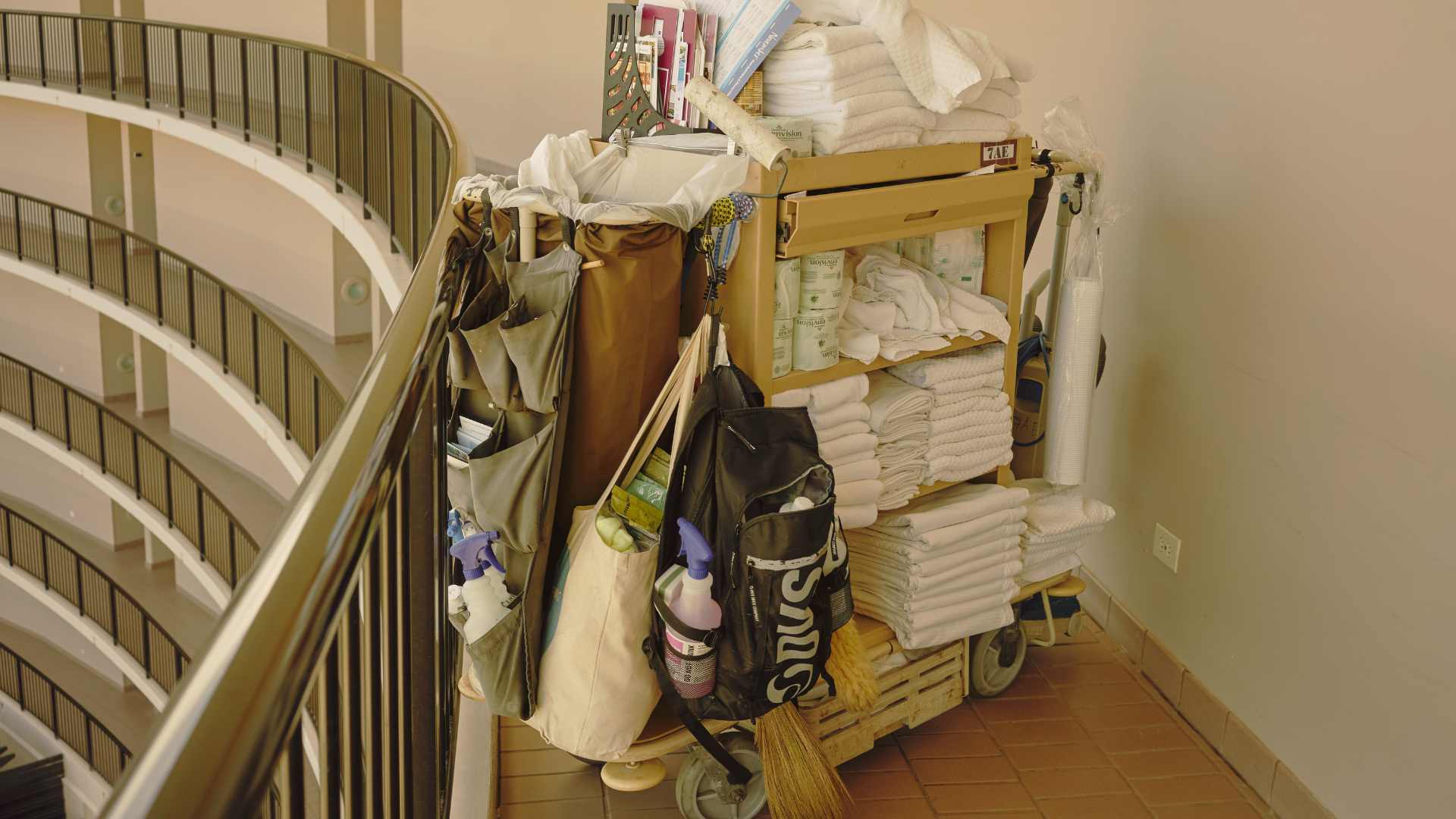
Hawaii Business Magazine : Private Equity Owns a Big Chunk of Hawai‘i’s Hotels
January 25, 2024
A recent Hawaii Business Magazinestory followed the notable increase of private equity influence in Hawaii’s hotels.
Hawaii Business Magazine December 18, 2023: Private Equity Owns a Big Chunk of Hawai‘i’s Hotels. Here’s Why That Matters.
Private equity firms have been making significant purchases in Hawaii’s hotel industry, with transactions such as the $1.1 billion acquisition of the Grand Wailea and the $275 million purchase of the Ritz-Carlton Kapalua in 2018. These firms, known for leveraging debt to acquire companies and maximize profits quickly, have raised concerns due to their track record of causing social and economic harm.
Instances like Toys R Us being driven into bankruptcy and layoffs of thousands of workers without severance pay have highlighted the negative impacts of private equity investments. Additionally, firms like KKR have faced criticism for alleged patient abuse and neglect at companies they control. The United Nations has accused Blackstone, another major player in private equity, of contributing to the global housing crisis through aggressive evictions and rent inflation.
Despite these controversies, private equity’s significant presence in Hawaii’s tourism industry has largely gone unnoticed. Analysis shows that two dozen private equity firms own 33 of the state’s 144 hotels, controlling nearly 30% of all rooms. This raises concerns about the potential impacts of Wall Street control on local communities and the quality of guest services. The concentration of private equity-owned hotels is particularly high in West Maui, where five out of 11 hotels are owned by such firms.
Community activists and others argue that the increasing influence of Wall Street investors in Hawaii’s hotel industry prioritizes financial gains over the well-being of local communities and long-term sustainability.
Justin Flores, director of labor and jobs at PESP, commented on the increase of those employed by private equity-owned businesses. According to the American Investment Council, private equity-owned businesses employ approximately 12 million people across the nation. Flores noted that this figure has increased from around 8 million a decade ago. Importantly, Flores shared that many of these workers may not be aware that they are employed by companies owned by private equity.
PESP’s investment engagement director Alyssa Giachino was also interviewed by Hawaii Business. “Private equity claims that their model is to buy low, make improvements in operations and then have a more valuable asset at the end of their ownership period,” she said. “They don’t always achieve that. Sometimes they degrade the quality of the asset because of their thirst for quick profits.
“But that doesn’t mean there aren’t examples … where they may have invested into property improvements that would allow them to charge higher rates, and that helps stabilize the cash flow for them, so they do end up with a more valuable asset. Investing in the workforce is another way to accomplish that benefit.”
